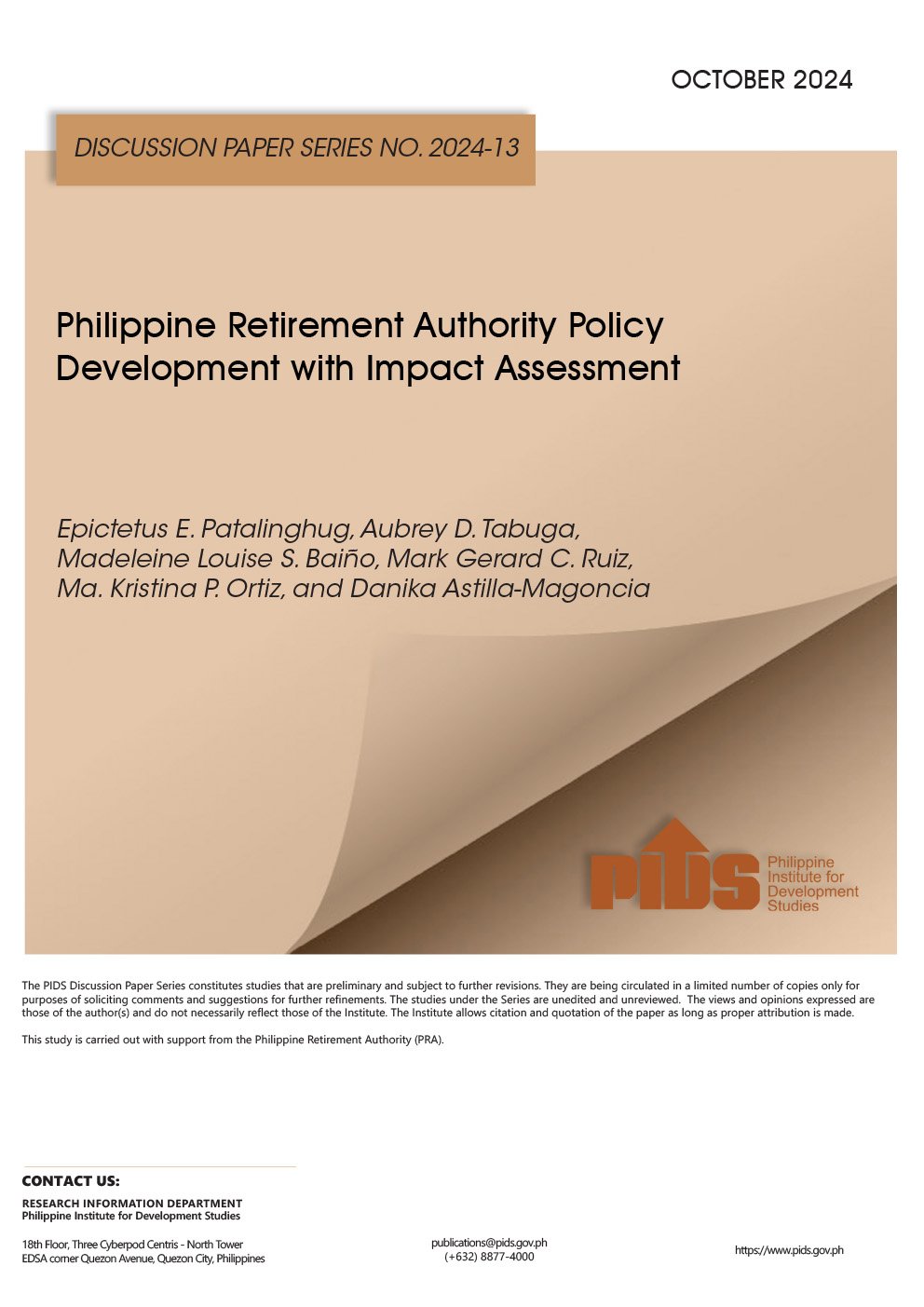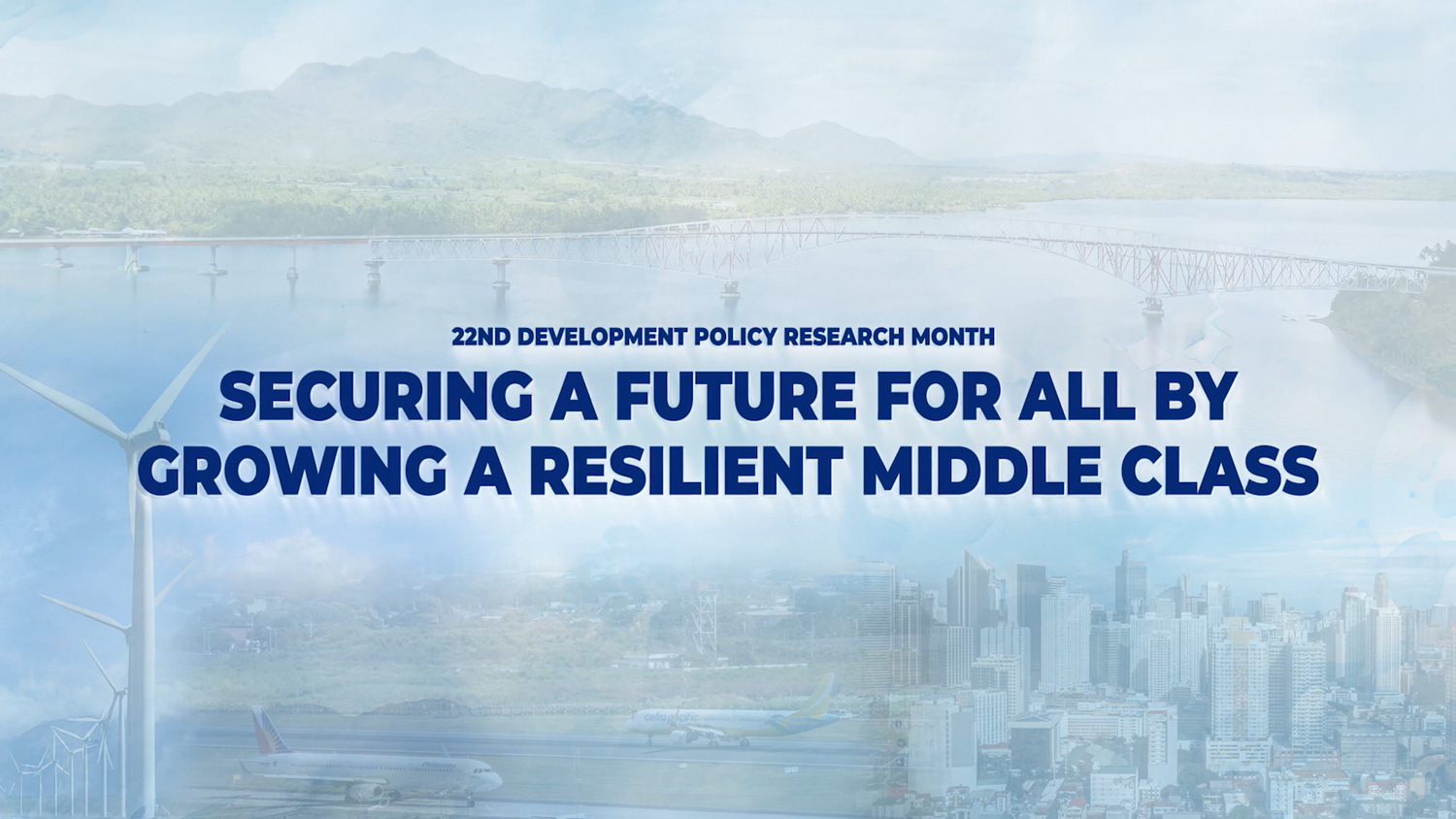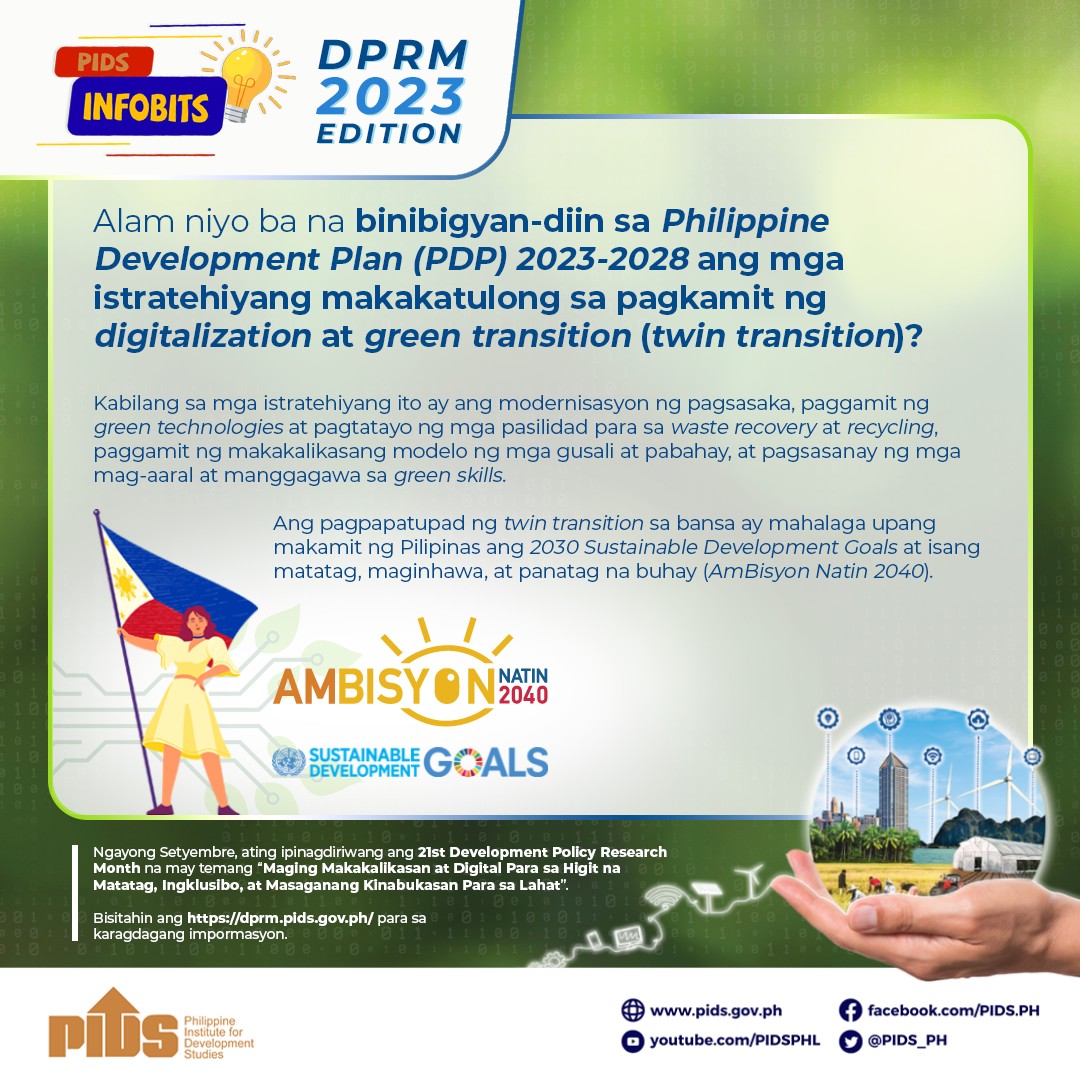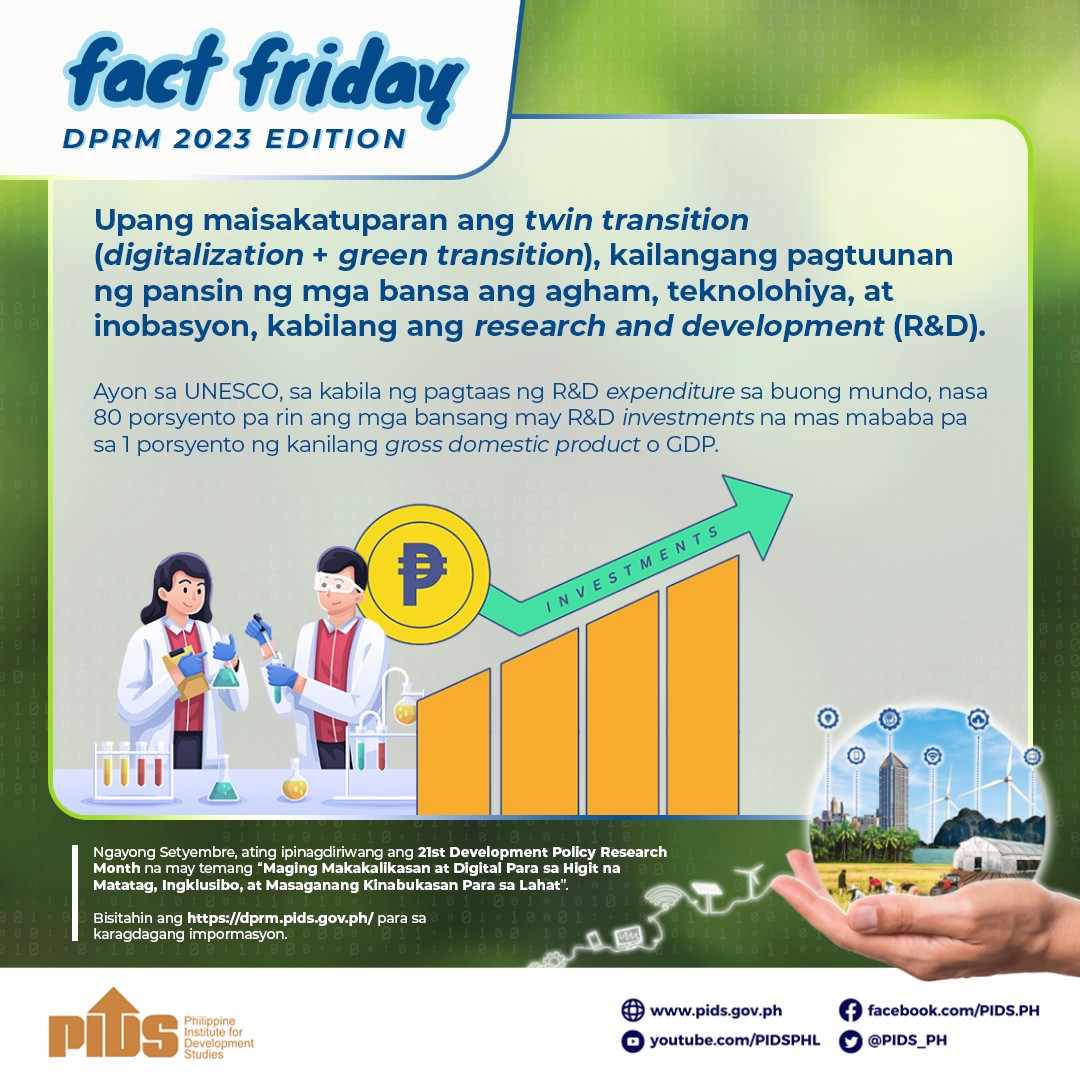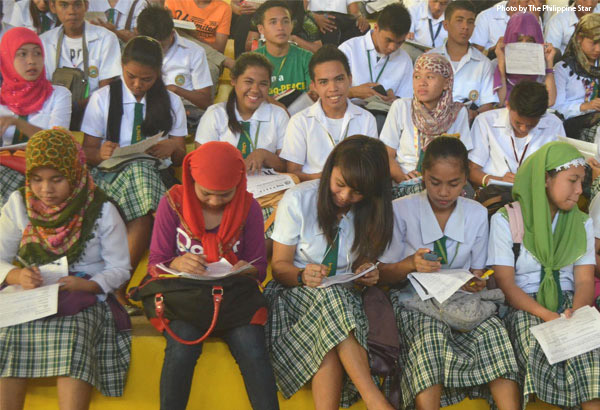
Human capital is a key driver of inclusive growth. As such, countries around the world are recognizing the value of investing in education to harness the skills and competencies of their population and meet the demands of their respective labor markets.
The Philippines, however, has been facing several issues related to its efforts to develop its human capital. For instance, Dante Canlas, a research consultant at the Philippine Institute for Development Studies (PIDS), found that the country suffers from a low proportion of enrollees and graduates in higher and scientific education. In particular, he attributed this to the inability of Filipino families, especially the poor, to accumulate funds to finance college education. Given that a stock of highly educated and scientific workforce is critical for technological progress, Canlas urged the government to increase the budget allocation for tertiary education and design student loans and other financial aid programs that can help families send their children to school.
In 2016, PIDS Research Consultant Denise Valerie Silfverberg and Senior Research Fellow Aniceto C. Orbeta Jr., assessed one of these financial aid programs—the Students Grants-in-Aid Program for Poverty Alleviation (SGP-PA). They found that it can help poor students access higher education. They also identified two important unique features of the program, which include its targeting mechanism that focuses on the beneficiaries of the Pantawid Pamilyang Pilipino Program (4Ps) and the sufficiency of its assistance to cover all normal education expenses.
However, Silfverberg and Orbeta still raised the need to improve the SGP-PA, especially in terms of its coverage. For instance, their study showed that additional school expenses, which are still required for the grantees to complete their degrees, such as summer courses, on-the-job trainings, national competency exams, field trips, and thesis completion, are not covered by the grant. Moreover, the program only covers four years of education, which means that those who are pursuing five-year courses will still have to shoulder the expenses in the final year.
In another study, PIDS researcher Victoria Catibog also noted fiscal issues regarding the Student Financial Assistance Programs (StuFAPs) of the government. Among others, she said that the STuFAPs, which cover public scholarships, grants-in-aid, and student loans, do not fit well with national schedules in terms of fund release. For one, the fiscal year (January to December) of the program and the academic year (June to May) are not in synced. As a result, stipends and other entitlements of grantees are adversely affected. Catibog recommended the creation of a scholarship trust fund to which releases from the national budget for STuFAPs will be transferred. Such recommendation, according to her, will solve the problems caused by a nonsynchronized fiscal and academic year.
Recently, the Duterte administration signed into law the Universal Access to Quality Tertiary Education Act, which grants full tuition subsidy to students of state universities and colleges. While the said policy looks appealing, Orbeta and Vicente Paqueo, PIDS research fellows, found in their study that it can do more harm than good for several reasons. For instance, the said law is antipoor as it can tilt the enrollment in favor of the rich households. As tuition is just a fraction of the total cost of higher education, only students from rich households will likely benefit from this law because they are the ones who have the resources to finance the rest of the college education cost.
As an alternative, Orbeta and Paqueo recommended increasing the budget allotted to the Unified Student Financial Assistance System for Tertiary Education signed into law in 2014. According to them, the said system has ample avenues to democratize access to tertiary education as it rationalizes the allocation, utilization, and client targeting of government resources. Their recommendation was consistent with the views of the country’s economic managers who also argued against the free tuition fee proposal.
Another government initiative proven to be effective in advancing human capital formation in the country is the 4Ps. Orbeta and Paqueo, in another study, found that the program has kept Filipino children in school as it helps increase the household budget for education. Moreover, they noted that the abolition or the scaling down of the program would probably have damaging unintended consequences on the present and future welfare of poor children.
To learn more about these topics, you may access the following publications as well as related studies from the PIDS website and the Socioeconomic Research Portal for the Philippines. Simply type the relevant keywords in the Search box.

